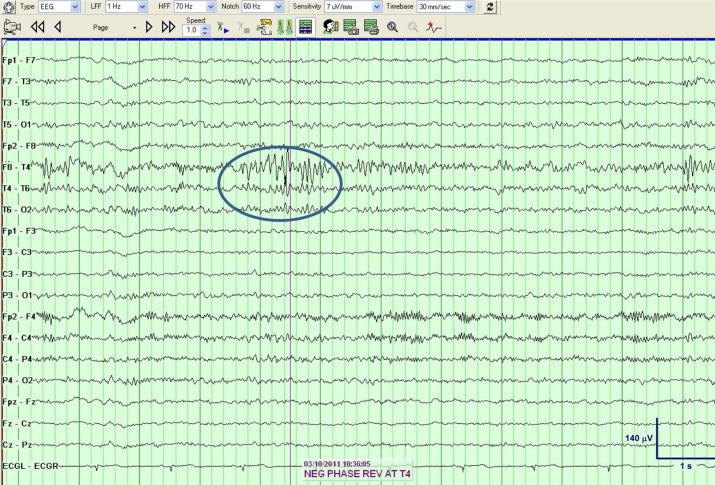Beta rhythms, also known as beta waves, refer to neural oscillations in the brain that occur at a frequency of 14-30 Hz. These rhythms are believed to play a crucial role in regulating various cognitive functions, such as attention, working memory, and decision-making. A recent study has shed more light on the role of beta rhythms in cognitive control, suggesting that these oscillations may serve as master regulators of our mental processes.
The study, which was conducted by a team of researchers from various institutions, including the University of California, Berkeley, and the University of British Columbia, synthesized experimental data and theoretical models to explore the relationship between beta rhythms and cognitive control. The findings of the study, published in the journal Nature Neuroscience, suggest that bursts of beta rhythms help to coordinate and optimize cognitive processes by modulating the timing and location of higher-frequency gamma waves.
Gamma waves, which typically oscillate at a frequency of 30-100 Hz, are associated with various cognitive functions, including perception, memory, and problem-solving. The researchers found that beta rhythms act as a kind of conductor, orchestrating the activity of gamma waves in different brain regions to facilitate efficient cognitive control. By synchronizing the timing of gamma waves, beta rhythms help to coordinate neural activity across different brain areas, allowing for more streamlined and effective cognitive processing.
One of the key insights from the study is that beta rhythms may be particularly important for coordinating cognitive control processes that require the integration of information from multiple brain regions. Tasks that involve complex decision-making, attentional control, and goal-directed behavior are likely to benefit from the precise timing and coordination provided by beta rhythms. In this sense, beta waves can be thought of as the brain’s way of ensuring that different regions communicate effectively and work together towards a common goal.
The implications of these findings are significant for our understanding of cognitive function and could have important implications for the treatment of neurological and psychiatric disorders. By targeting beta rhythms, researchers may be able to develop new strategies for enhancing cognitive control and improving mental health outcomes in conditions such as ADHD, schizophrenia, and depression.
In conclusion, the study on beta rhythms as master regulators of cognitive control highlights the intricate ways in which the brain coordinates and optimizes cognitive processes. By modulating the timing and location of gamma waves, beta rhythms facilitate efficient neural communication and enhance cognitive performance. These findings have broad implications for our understanding of the brain and may lead to new approaches for treating cognitive deficits and mental health disorders.





